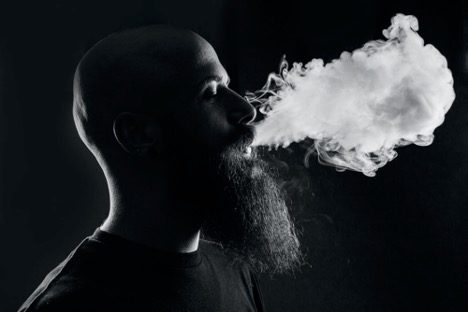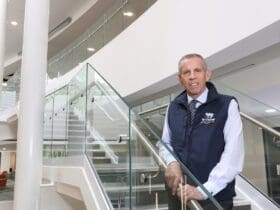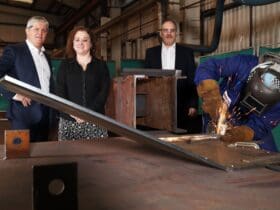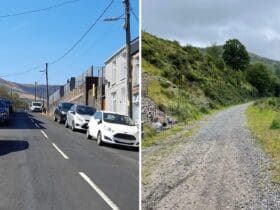The Chartered Trading Standards Institute (CTSI) has welcomed the BBC’s investigation into the prevalence of fake shops on Britain’s High Streets and highlighting their link with organised crime.
Counterfeit shops are becoming an increasing issue for the UK’s Trading Standards workforce and are a scourge of the high street, sometimes used as a front for organised crime activities such as Modern Day Slavery and human trafficking, distribution of weapons and drugs, money laundering and the sale and supply of illegal and unsafe products such as illegal vapes and tobacco, to fund criminal lifestyles and other criminal activities.
CTSI has warned that fake shops pose a significant and ever-increasing risk to the public by their illegal activities and practices. These shops can often stand out as they sell items at prices that may appear to be “too good to be true” or would normally be unviable given the type and amount of items they stock and sell.
Counterfeit shops can place consumers at risk of harm from the unsafe products they sell and how they operate, but these “businesses” also undermine legitimate businesses which can have a detrimental impact on the local community and economy.
CTSI continues to support multi-agency approaches to utilise the specialist set of skills, legal powers and local knowledge that each agency has. When woven together, the benefit to the public is amplified. The role that the locally run and placed Trading Standards service plays is critical due to the connections they have with the local community, providing an invaluable level of intelligence. In cases where criminal activity is suspected this can help to broaden the intelligence picture.
The importance of the local Trading Standards service in delivering their vital consumer protection role and supporting legitimate businesses, by tackling the rogues, should not be underestimated. Business and consumers rely on the local Trading Standards to protect them from the effects of criminality. This work includes working with other agencies to deal with fake shops and the effects they have on society, the economy and the local community.
Jessica Merryfield, Head of Policy and Campaigns at CTSI, and a Chartered Trading Standards Practitioner, said: “In our most recent survey of CTSI members, the presence of organised crime groups in local high streets is identified as the biggest emerging threat to consumers and businesses. Locally placed Trading Standards are plugged into those local issues. They want to be part of the solution to solve those issues as they are there to protect the public. Due to their local knowledge and connections, Trading Standards can often use their unique legal powers of entry to help gain access to premises when carrying out multi-agency activity, such as investigating and uncovering fake shops and the illegal activities carried on at those premises. So, local Trading Standards services are a critical piece of the puzzle when tackling criminal activities on Britain’s high streets.
“It is important that the Government put consumer protection at the heart of their plans for economic growth by making effective laws for Trading Standards and other agencies to use in tackling the issues that stunt that growth and undermine consumer confidence, such as the rise of fake shops. By ensuring all the agencies involved have sufficient resources and investment to effectively deal with them and the problems they cause, the high street remains a safe and protected place for our communities. Trading Standards can then enforce, but only against the laws and powers that are there and with sufficient resources to have the impact needed.”









Leave a Reply
View Comments